Should You Shave Your Dog During Summer? 3 Major Arguments
Want to keep your furry friend healthy and happy? Read some important PoV regarding shaving dogs in the summer and take the best decision for your furry mate 💓
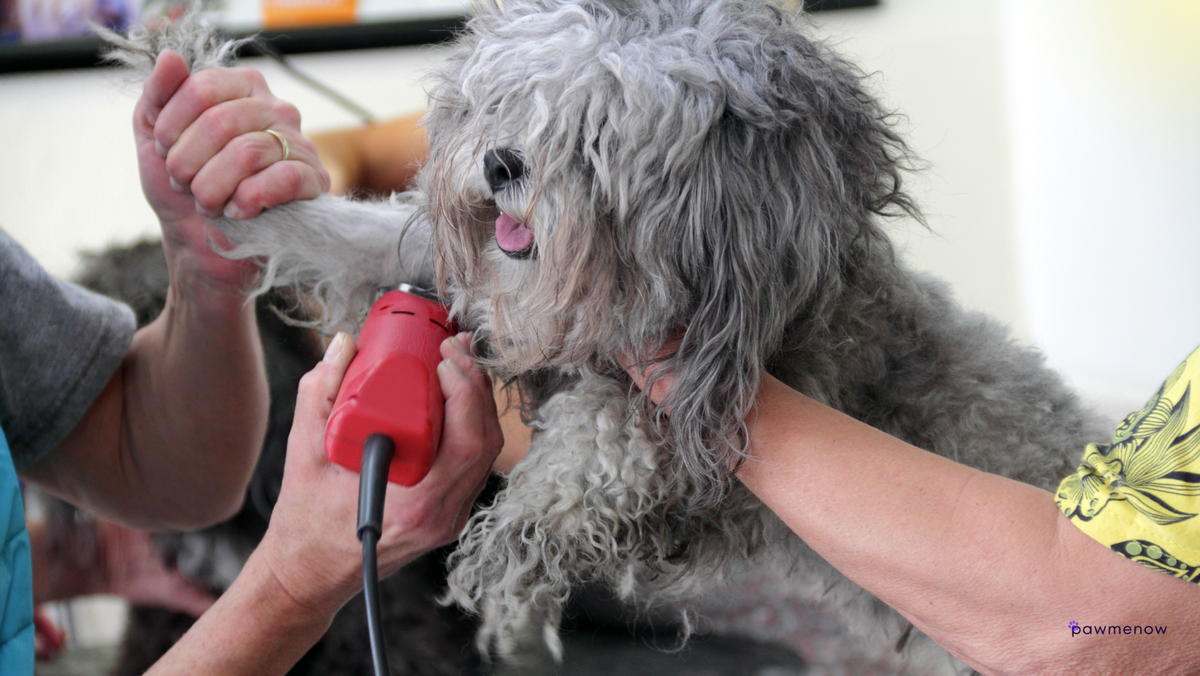
Many dog owners question whether to shave their dogs when the summertime temperatures rise. While shaving a dog might seem like a right way to keep them cool, there are some important aspects to take into account before pulling out the clippers. In this article I will list the main arguments in favor of and against shaving your dog in the summer.
✚ Reasons to shave your dog in the summer:
- Temperature control 🥵: Shaving a dog's fur in the summer is most frequently done to keep the animal cool. Shaving dogs can help them control their body temperature and prevent heatstroke since dogs with thick or lengthy fur coats can get uncomfortable and overheated in hot weather.
- Easier grooming ✂️: If your dog's fur frequently becomes matted or knotted, shaving their coat may make it simpler to maintain and groom them. Additionally, it can help avoid skin infections brought on by dirt and debris that have been retained.
- Improved hygiene ✨: By shaving your dog's hair, you can help keep it free of parasites like fleas and ticks. It may also make it simpler to identify any skin conditions or wounds that need treatment.
− Reasons not to shave your dog in the summer:
- Sunburn and skin damage 🔺: Dogs' coats naturally protect them from the sun's damaging UV rays, preventing sunburn and skin damage. If they have light-colored skin or thin fur, shaving their fur can expose their skin to sunburn and other sorts of skin injury.
- Loss of insulation 🥶🥵: In cold and hot weather, a dog's coat helps them maintain a comfortable body temperature. Shaving their fur may make them more susceptible to temperature changes, increasing their risk for overheating in the summer and hypothermia in the winter.
- Irreversible damage: Some breeds' coats are not meant to be shaved, and doing so might harm their skin and fur permanently. For example, Husky and Malamute dogs, which have double coats, rely on their fur for insulation and protection, hence they should not ever be shaved.
Choosing to shave your dog in the summer is a personal choice that should be taken after giving serious thought to your pet's breed, coat type, and specific demands. Shaving poses the danger of skin damage and loss of insulation, even if it can have some advantages in terms of temperature management and ease of grooming. You may make the greatest choice for your beloved friend's health and wellbeing by seeking advice from your veterinarian or a qualified groomer.
Here is a table that lists the advantages and disadvantages of shaving your dog in the summer so that you can decide what is best for your dog:
| Positive Reasons 🟢 | Negative Reasons 🔴 |
|---|---|
| Temperature control | Sunburn and skin damage |
| Easier grooming | Loss of insulation |
| Improved hygiene | Irreversible damage to fur and skin for certain breeds |
Here's a winner opinion 🎖
While it may seem like a good idea to shave your dog in the summer to keep them cool and comfortable, there are some significant drawbacks to take into account before doing so. Shaving can make your dog more susceptible to temperature changes and leave their skin more exposed to the sun and other sorts of skin injury. It can also reduce their insulation. Additionally, some breeds should not be shaved because doing so can harm their skin and fur permanently.
Speaking of dog breeds that should not be shaved, here are some of them:
| Breed | Reason Not to Shave |
|---|---|
| Huskies and Malamutes | Double coat provides insulation and protection from heat and cold |
| Pomeranians | Thick coat protects from sun and regulates body temperature |
| Shetland Sheepdogs | Long, thick coat protects from elements |
| Australian Shepherds | Double coat provides insulation and protection from heat and cold |
| Chow Chows | Thick, dense coat provides insulation and protection from sun |
| Bernese Mountain Dogs | Double coat provides insulation and protection from heat and cold |
| Great Pyrenees | Thick coat protects from elements and regulates body temperature |
| Newfoundlands | Dense coat provides insulation and protection from cold water |
The solution ⤵️
Given these drawbacks, it would be best to refrain from shaving your dog during the summer, especially if they belong to a breed that is not supposed to be shaved. Instead, you may keep them cool by giving them access to cool drink, lots of shade, and avoiding exercising them when it is hot outside. Making the greatest choice for your dog's health and wellbeing can also be assisted by seeking advice from your veterinarian or a qualified groomer.
Related articles:

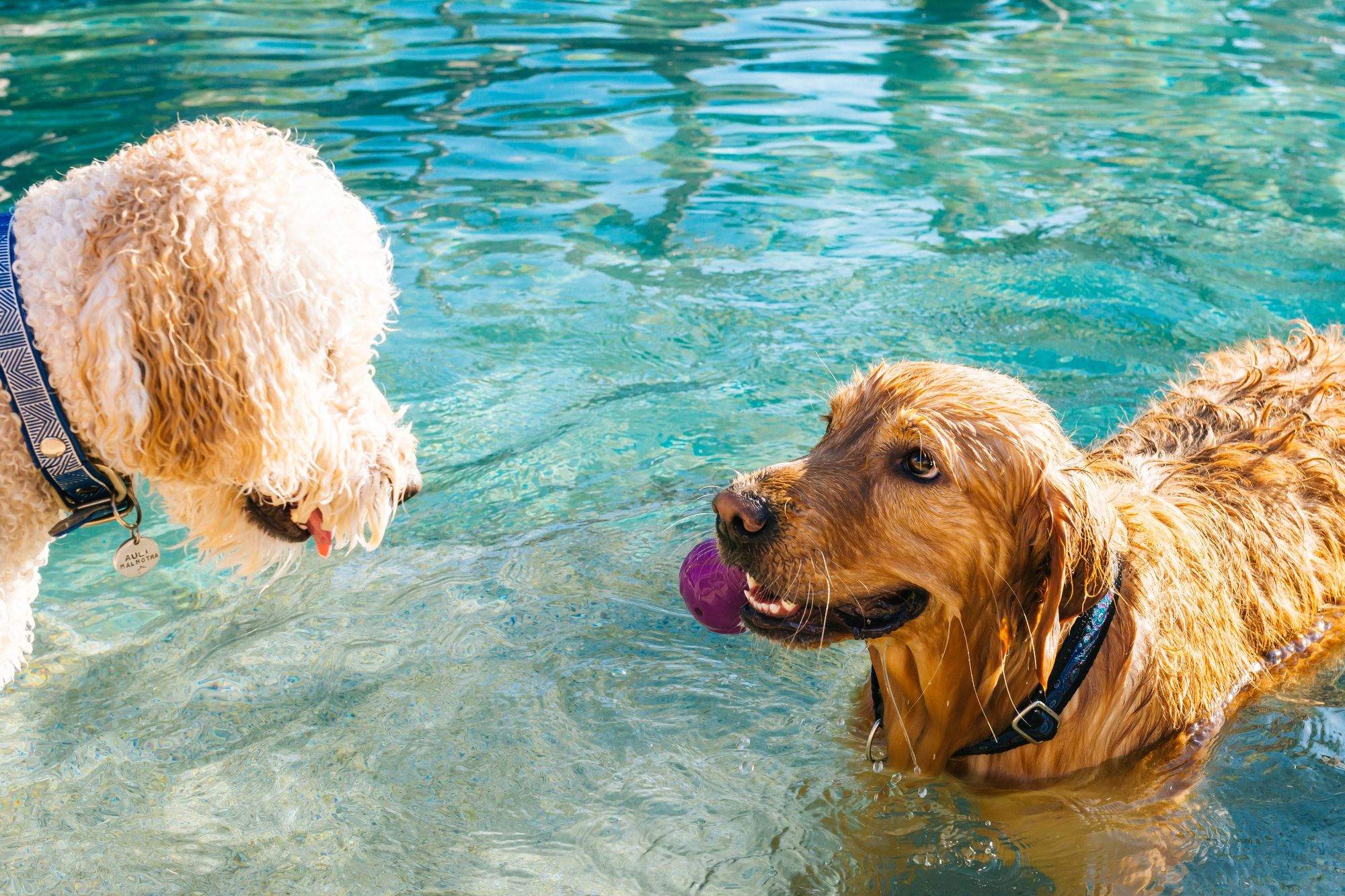


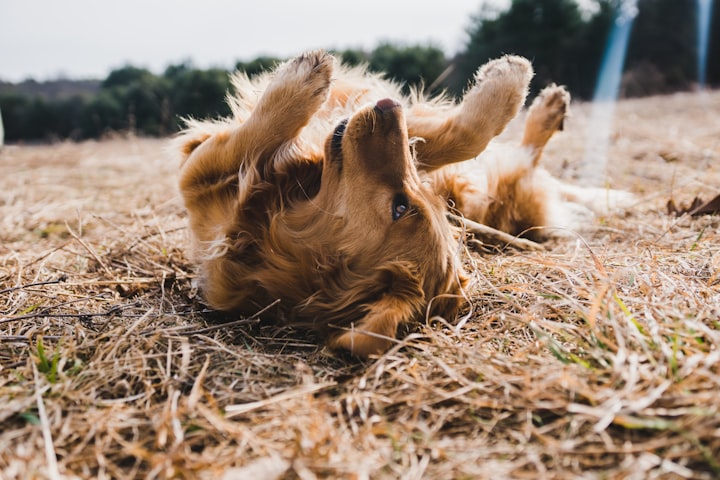
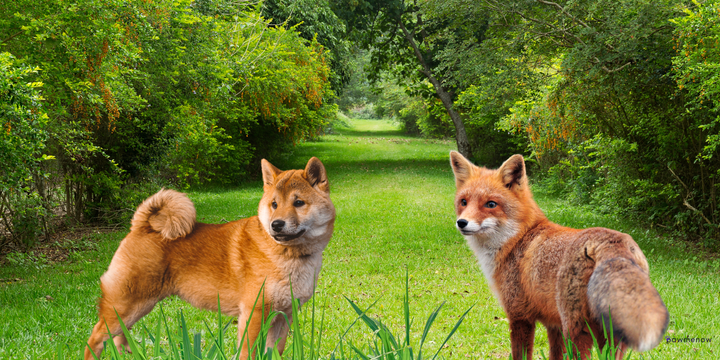
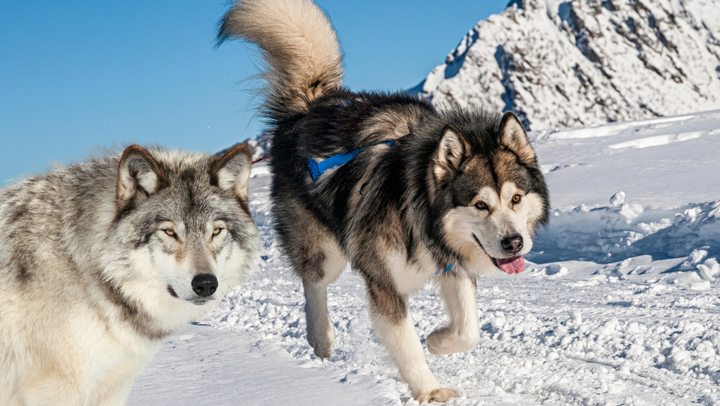
Comments ()